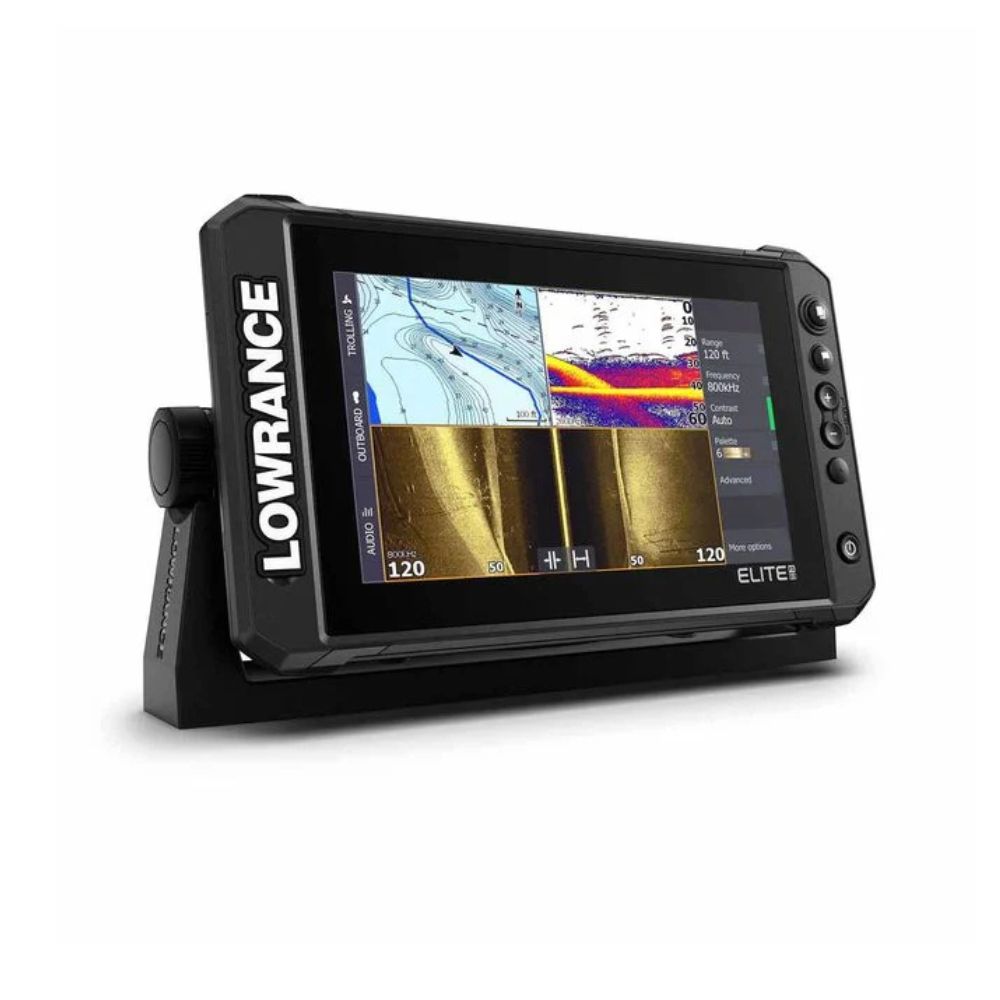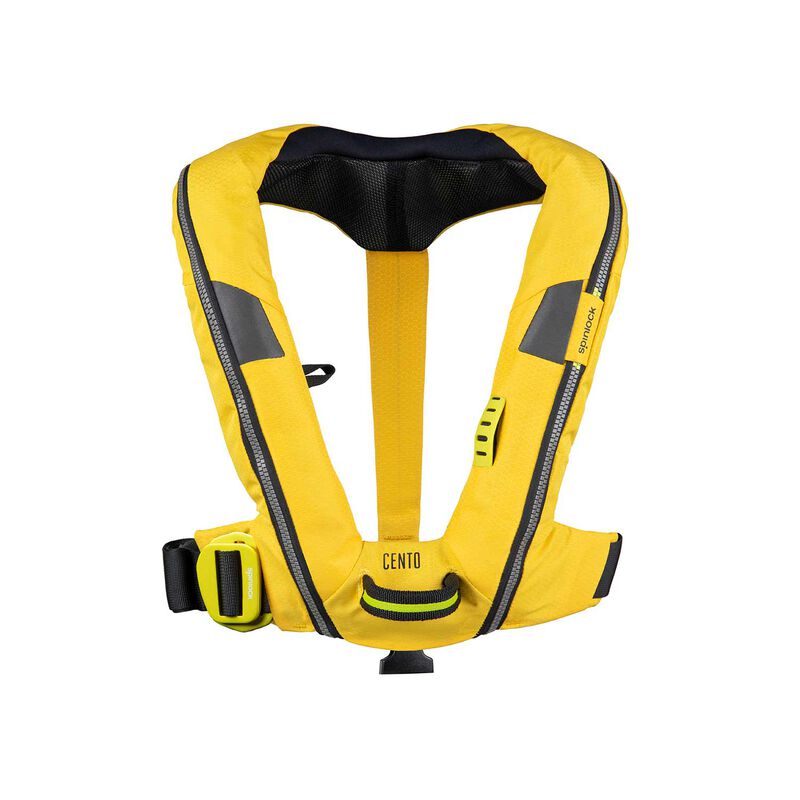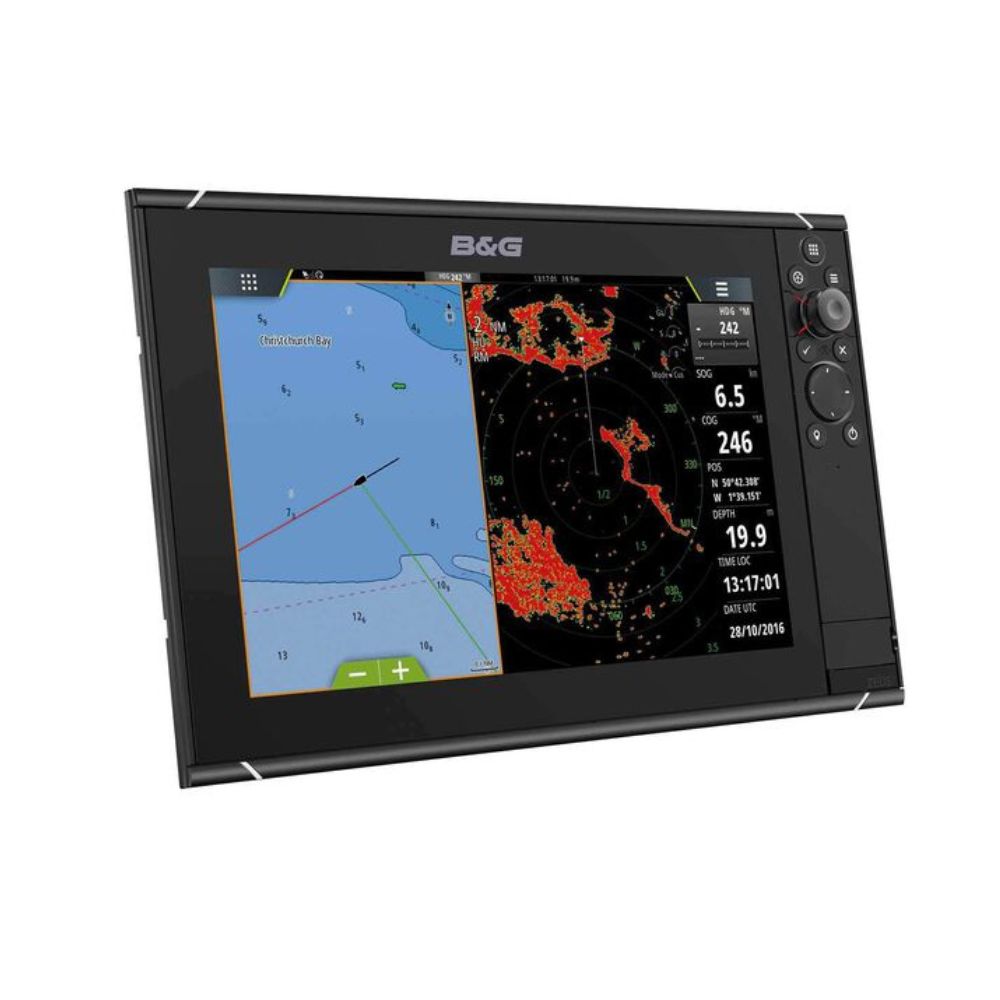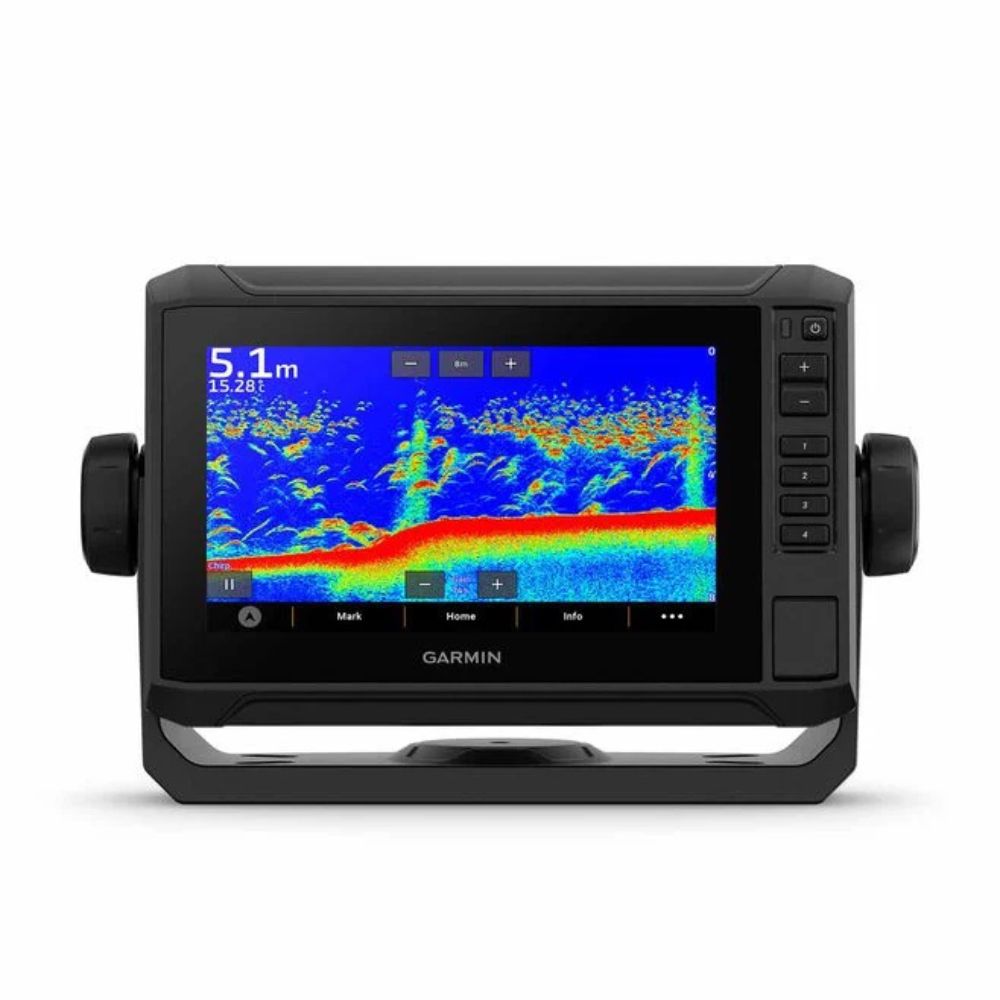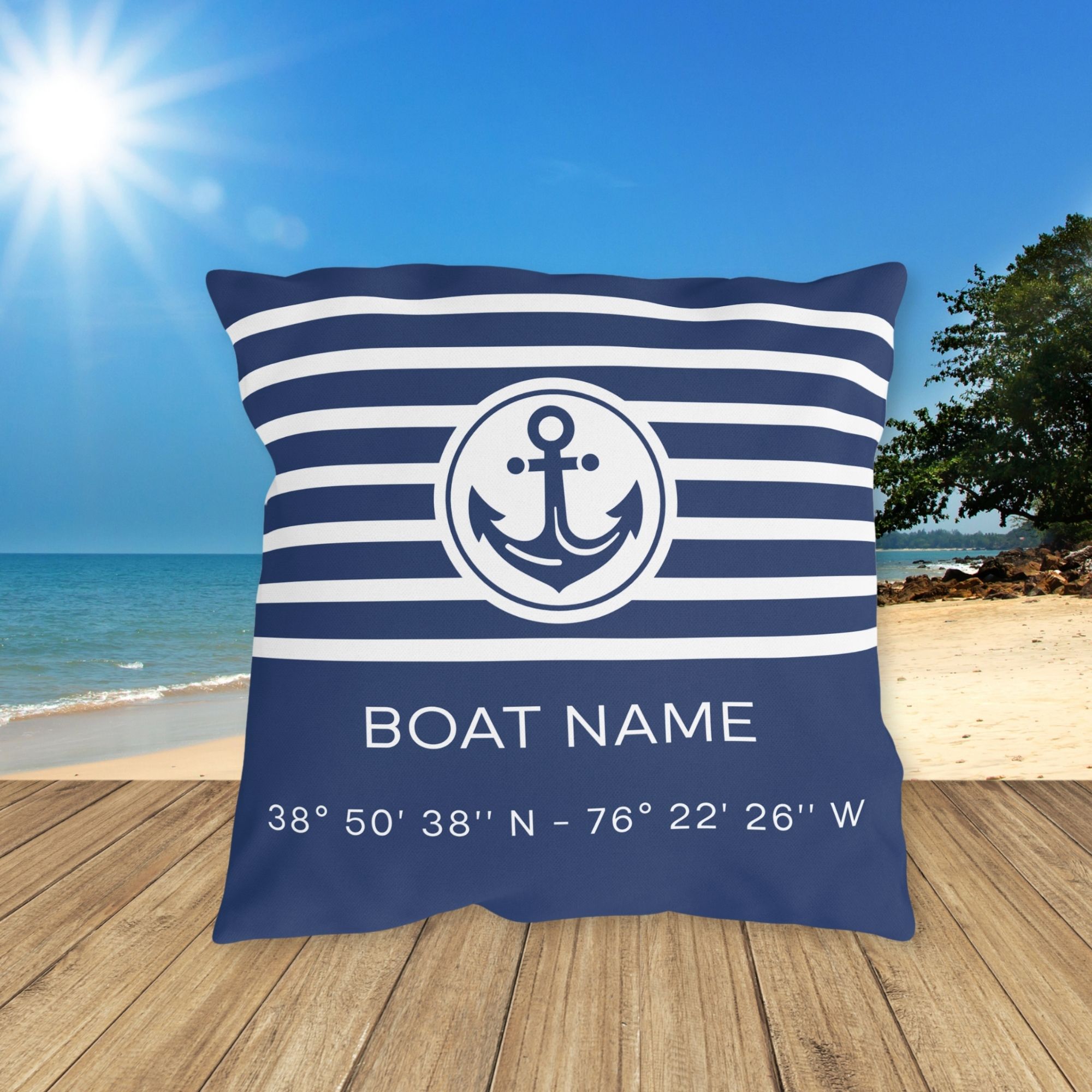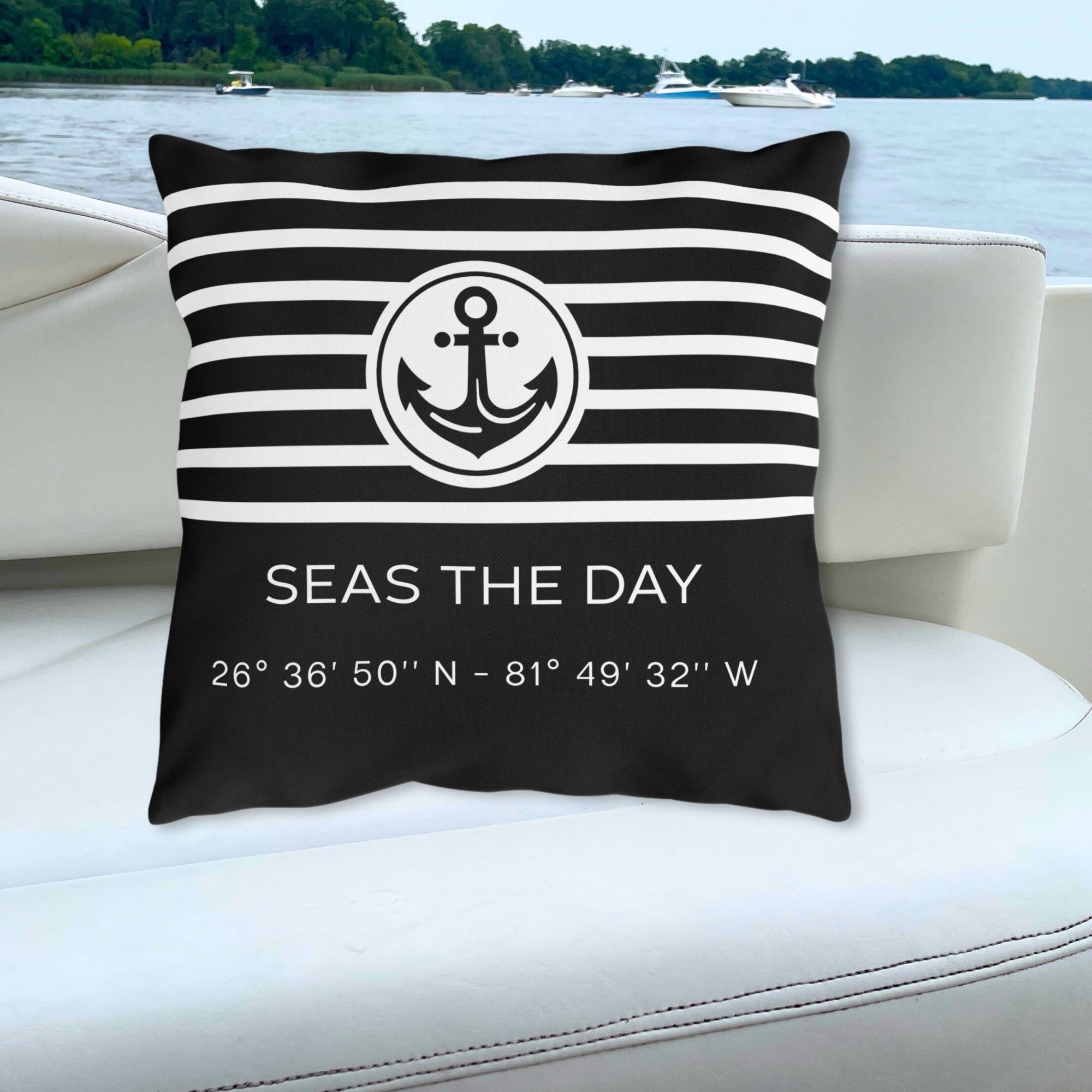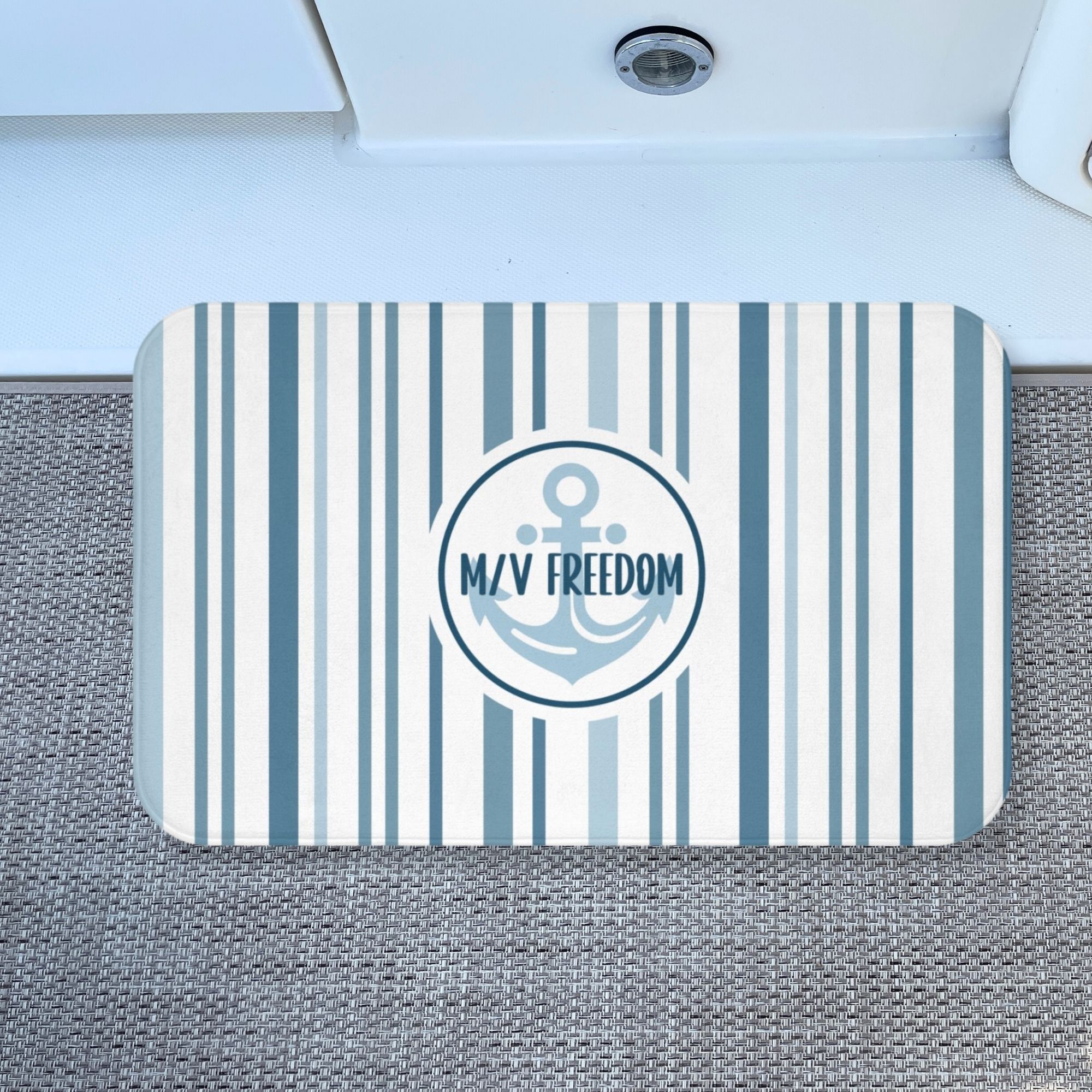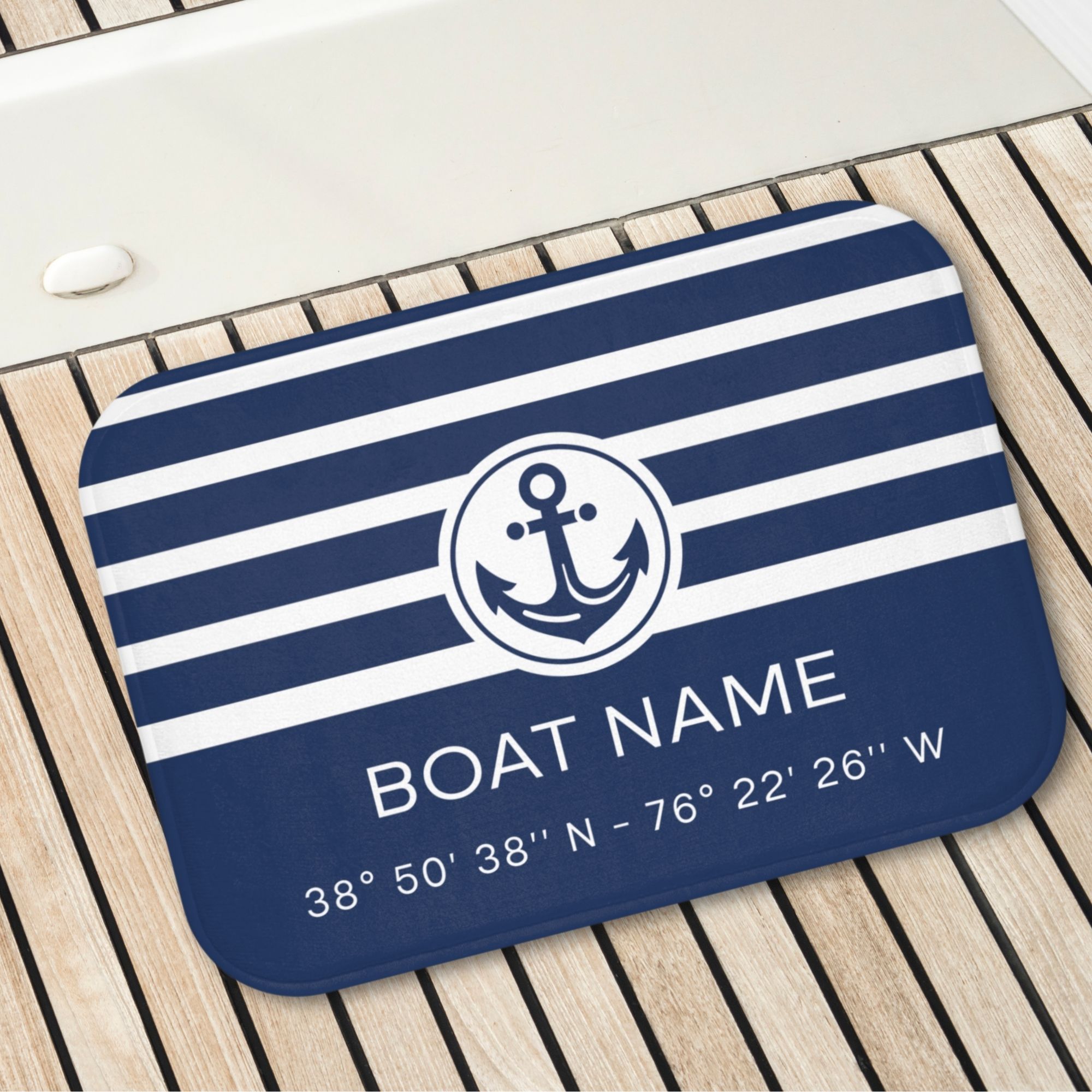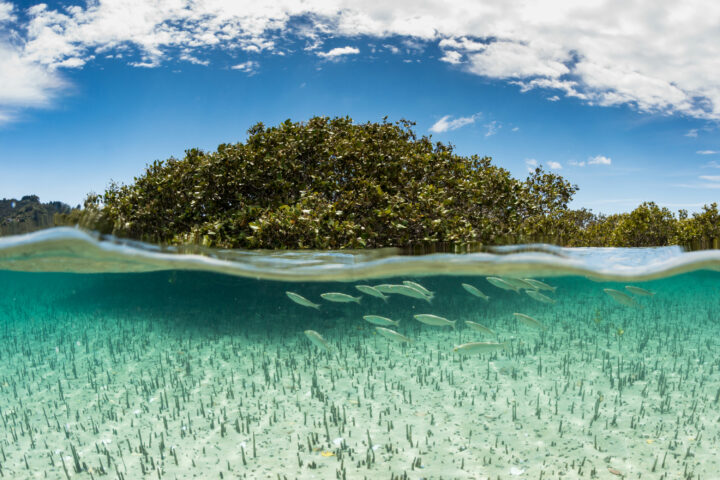
Follow these techniques for proper disposal and recycling of wastes and equipment to help protect the precious waterways and marine ecosystems
Whether you boat on rivers, canals, lakes, bays, or oceans, you may have noticed that your local water quality is under threat… the earth’s waterways are increasingly polluted with plastics, chemicals, and other pollutants.
Unfortunately, it’s not always so easy to properly dispose of potential pollutants. If you’ve ever tried to get rid of an old computer, you know how difficult it can be to recycle electronics, for instance. But there are countless other potentially hazardous materials that must be disposed of properly.
If you want to protect the planet’s waterways and promote proper recycling techniques, watch out for these special pieces of equipment that need to be specially recycled.
Electronics
The United States is currently one of the biggest producers of electronic waste in the world, second only to China. It has been estimated that the world will produce almost 50 million tons of electronic waste by the end of the year.
While this doesn’t seem to directly affect boaters, the countless abandoned batteries and electronics that are tossed overboard can be detrimental to local ecosystems. Electronics are particularly hard to recycle since they come with so many components. Precious metals found in the circuit boards and the plastics that contain it can be recycled and reused to create new products. In fact, your average PCB will go through 11.6 prototypes before the best circuit board is achieved. This leads to countless machine parts and electronic components being disposed of on a daily basis, many of which can clog our local waterways. on top of that, those metals can also leech into our precious waterways, poisoning water for generations.
Paints and chemicals
Liquids are particularly difficult to recycle since chemicals cannot simply be poured down the drain. When it comes to liquids like bleach, cleaning agents, paints, and car clear coats, you need to take them to specialty recycling plants to dispose of them properly. Clear coats typically range between 1.5 and 2.0 ml in thickness, but this often leaves a significant amount of liquid left in the bottle. Instead of recycling the liquid, people are tempted to simply throw it away, toss it overboard, or dump it down the drain.
However, this simple action can wreak havoc on our ecosystems and marine life. Chemicals poured down the drain can make it back into our local waterways, damaging plant life and wildlife. Half of the appeal of boating resides in the beauty of our wildlife. Because of poor recycling practices, these chemicals can ruin the land and water we love. Even if you pour bleach into the lawn instead of your local river, these chemicals can still invade groundwater supplies and come back to haunt us.
Plastics
Three Chinese businesses were recently granted a $57,000 award to expand their recycling effort in order to process the rising rates of plastic throughout the country. But even daily materials, like broken fishing lures or takeout boxes, can usually be recycled. Otherwise, they might end up in the stomachs of the fish we try to catch.
Plastic infiltration has become so ingrained in our daily lives that they even appear in our facial cleansers. When you choose a facial wash, you should avoid any option with plastic beads as exfoliants. These microbeads can get into our waterways and damage the sensitive marine ecosystems. No fisherman wants to pull up an inedible fish because of plastic consumption.
Even large brands like Coca-Cola are pledging to limit their use of plastic in their packaging. Back in January, Coca-Cola announced it plans to recycle 100% of its packaging by 2030.
“Coca-Cola gave a presentation by which they plan to collect by 2030 as many bottles as they introduce into the market. This is a clear statement that brand owners are now interested to have [an improvement in post-consumer PET bottles] collection,” says Equipolymer commercial director Antonello Ciotti.
The best way to promote safe and effective recycling is by calling your local trash provider. Towns will often hold special recycling days near you or sustain a proper chemical treatment plant where you can dump your chemicals and electronics for a small fee.
Trending Now: Must-Have Boat Gear for Your Boat Life
Trending Now: Custom Boat Decor
-
Boat Pillow with Boat Name & LAT LONG Coordinates
Quick ViewBuy on Etsy -
Boat Pillow with Boat Name & LAT LONG Coordinates- Black
Quick ViewBuy on Etsy -
Coastal Blue Stripes Bathmat with Anchor & Boat Name
Quick ViewBuy on Etsy -
Custom Boat Mat with Boat Name & LAT LONG Coordinates
Quick ViewBuy on Etsy
Disclosure: This site may contain links affiliated with companies where we receive compensation. Also, as an Amazon Associate we may earn from qualifying purchases we refer but it does not impact the price you pay. Full disclosure policy.

